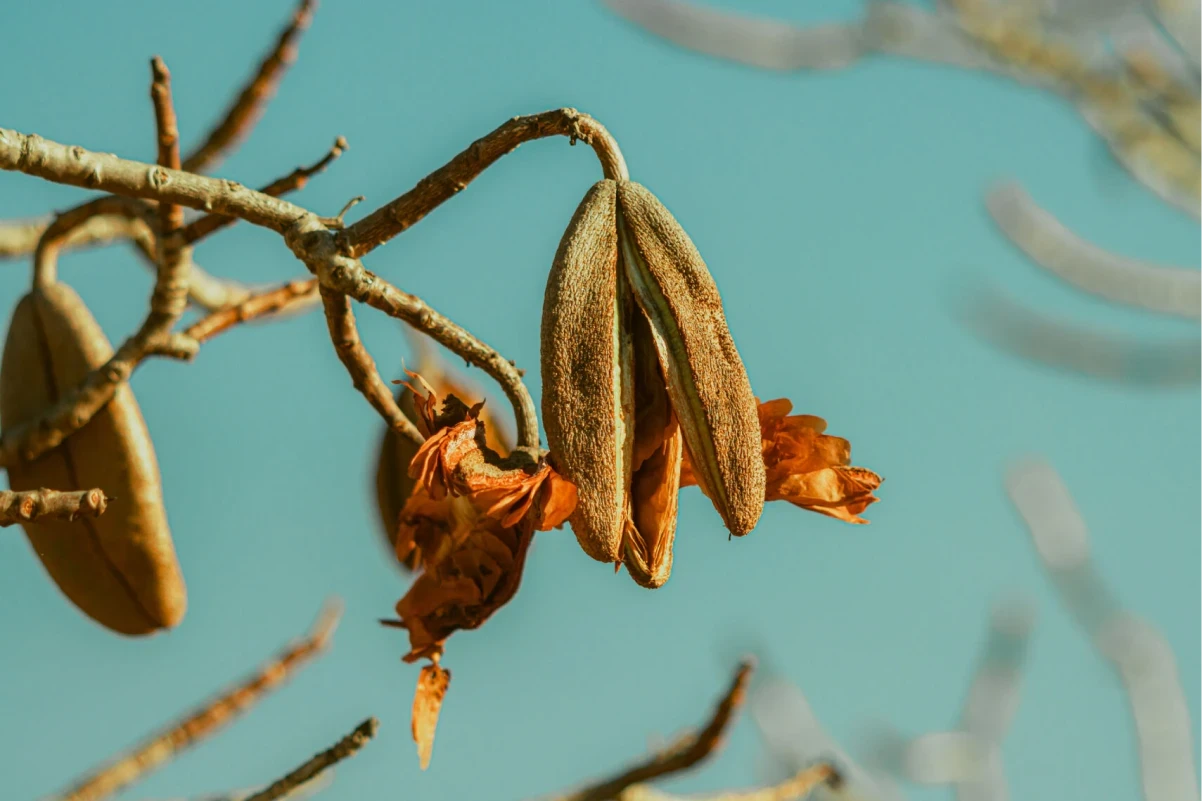Pousada Trijunção is, above all, a conservation project.

The Cerrado:
Source: Defensores do Cerrado, 2022

Despite the clear need to conserve all of these attributes, the rate of deforestation in the region grows every year. In 2023, for example, 6.36 thousand Km² (close to the size of Macapá) of deforested area in the territory was recorded in the space of one year (Inpe, 2023). Pousada Trijunção is integrated into the territory with the aim of promoting regenerative tourism and, through our experiences of direct contact with the local fauna and flora, making each traveler a guardian of the biome.
REGENERATIVE TOURISM presupposes, besides the implementation of good practices that improve the territory, the participation of the whole tourism chain in the integrated planning process:
At Pousada Trijunção, practices with the aim of having a positive impact on territorial development, environment and local economy are implemented on an ongoing basis: